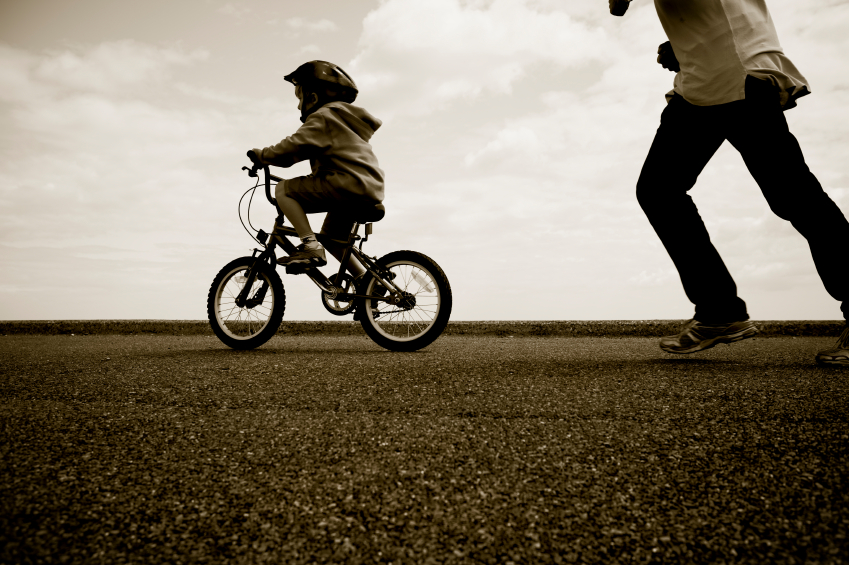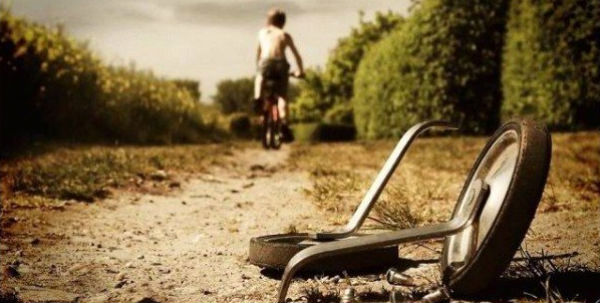
«…in this path, adult role models function as role models, whether in planning, execution and evaluation strategies, or in coping with stress and frustration.
That is why part of the challenge in accompaniment lies in reviewing our own self-regulation.«
Self-regulation, generally understood as the ability to control ourselves, is a topic that concerns us as a society and should always concern us at every stage of development. It is linked to learning skills that allow us to develop personally and socially and to self-determination as the ability to make decisions for ourselves, an essential aspect for achieving happiness in life (Baña, 2011; Huertas, 2012).
We understand that delving into the concept of self-regulation should encourage us to think together about strategies to accompany students in their comprehensive development, and particularly in the acquisition of new learning and in coping with the frustration that is generated on countless occasions along this path.
What do we mean by self-regulation?
Leading authors on the subject refer to self-regulation as the ability of each person to control their thoughts, emotions and actions, to achieve the objectives they set for themselves and to be able to grow towards increasingly autonomous learning (Zimmerman, 2000 in Trías, 2017; Alonso Tapia and Panadero, 2014). It involves knowing how to make a plan, monitoring it to identify if it is going well and in accordance with the proposed objectives and finally knowing how to evaluate, being able to analyze what was done well and what was not in the process, to know if strategies should be changed in future opportunities (Huertas, 2012).
It is expected that your children have a vital drive to complete tasks on their own. It is also the task of those who accompany them to promote that this drive takes place and develops, generating environments of trust and teaching when the children require it. Achieving self-regulated learning in general, and particularly in complex tasks, is not a simple task.
How can we help children and adolescents self-regulate?
Here are some suggestions:
Regarding academic tasks to be performed
- That they can analyze the objectives of the tasks to be performed and generate a plan of action in stages, taking into account the resources available.

- Raise the identification of the relevance and meaning of the task in their learning process, the benefits of doing it and the connection it can have with aspects of their daily life.
- Promote the identification of their interests involved in the task.
- That can be considered goals that they find achievable and that mean, at the same time, a challenge. In this way, the curiosity necessary for all new learning can be cultivated.
- That they systematically evaluate the meeting goals as the stages are completed so that we can correct whatever is necessary.
- Value the successes that they are genuinely achieved.
Regarding your emotional development
- Attempt avoid comparisons with other learners.
- Toast a climate of trust so that they can ask for help if necessary, considering that this action is an opportunity to learn and be able to continue with the task later.
- Collaborate with the generation of positive expectations around the task. Their expectations of themselves and of adults should be in line with the complexity of the challenges they face and the tools, knowledge and skills they have at their disposal.
- Teach relaxation strategies so that they can face the moments when the task becomes more difficult, such as focusing on breathing, generating positive thoughts and staying in touch with reality, and thus avoiding catastrophic thinking.
- Promote the self-knowledge: that they can recognize their strengths and limitations; these are not static but change with development and according to their training; the strengths to enhance them and the limitations to learn how to overcome them and generate strategies that allow them to compensate for them.
- Teach them to identify what types of activities or reactions of others frustrate them and how they react to their own frustrations.
- Promote that the evaluation of the result sea task-focused and their value as a person is not at stake.
- That they can assume the error as part of the learning process. To do this, it helps that we, the referents, can explain and demonstrate that we also make mistakes.
One of the most difficult challenges is learning to manage emotions. If we can help learners to train these types of skills, they will surely be better predisposed to learning and will learn in a more effective and healthy way (Huertas, 2012). It is important to keep in mind that in this path, adult role models function, whether in planning, execution and evaluation strategies, or in coping with stress and frustration. That is why part of the challenge in support lies in reviewing our own self-regulation.
To expand and continue reflecting:
→ Blog: The education we need_ Daniel Trías' Blog
Ps. Ines Abreu
«LIFTED» (Pixar)